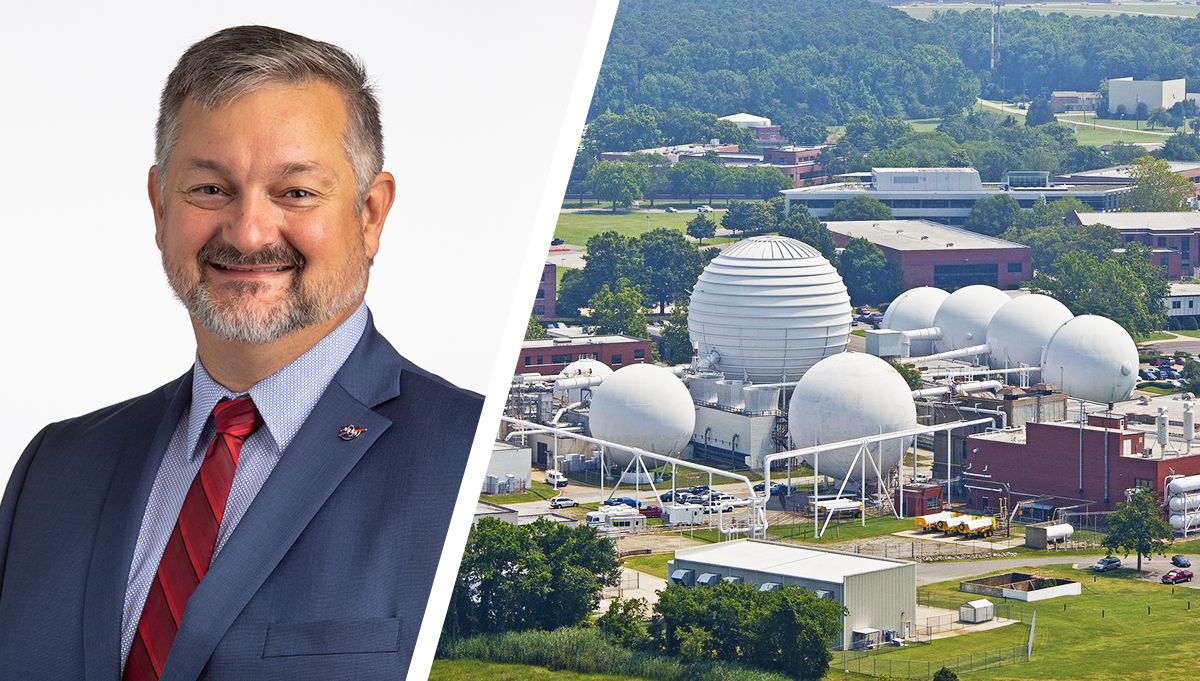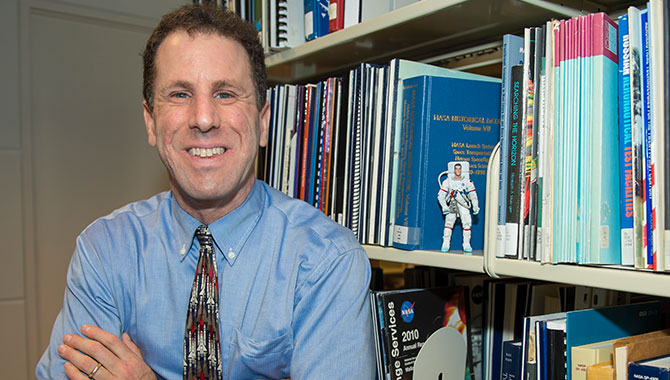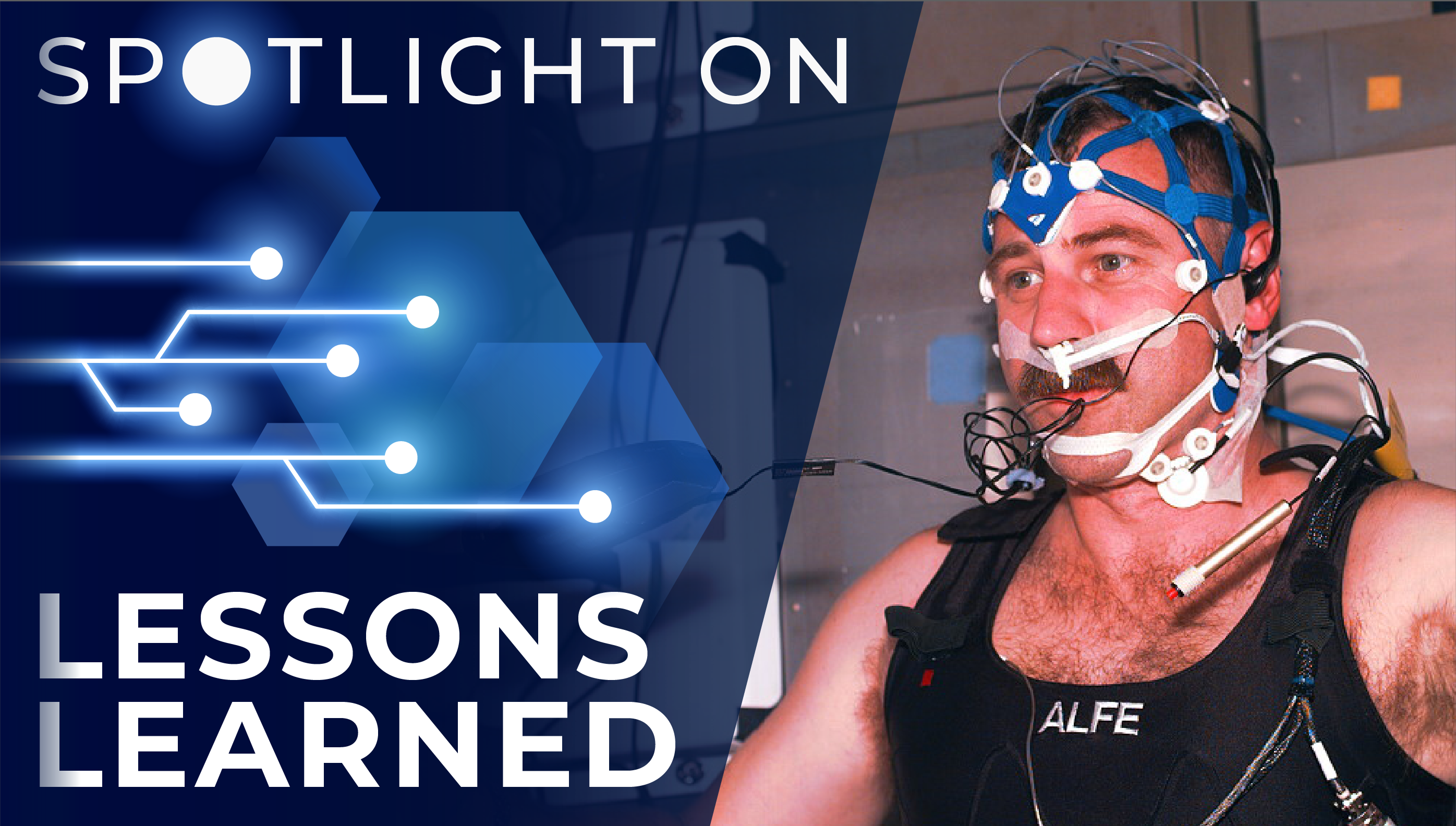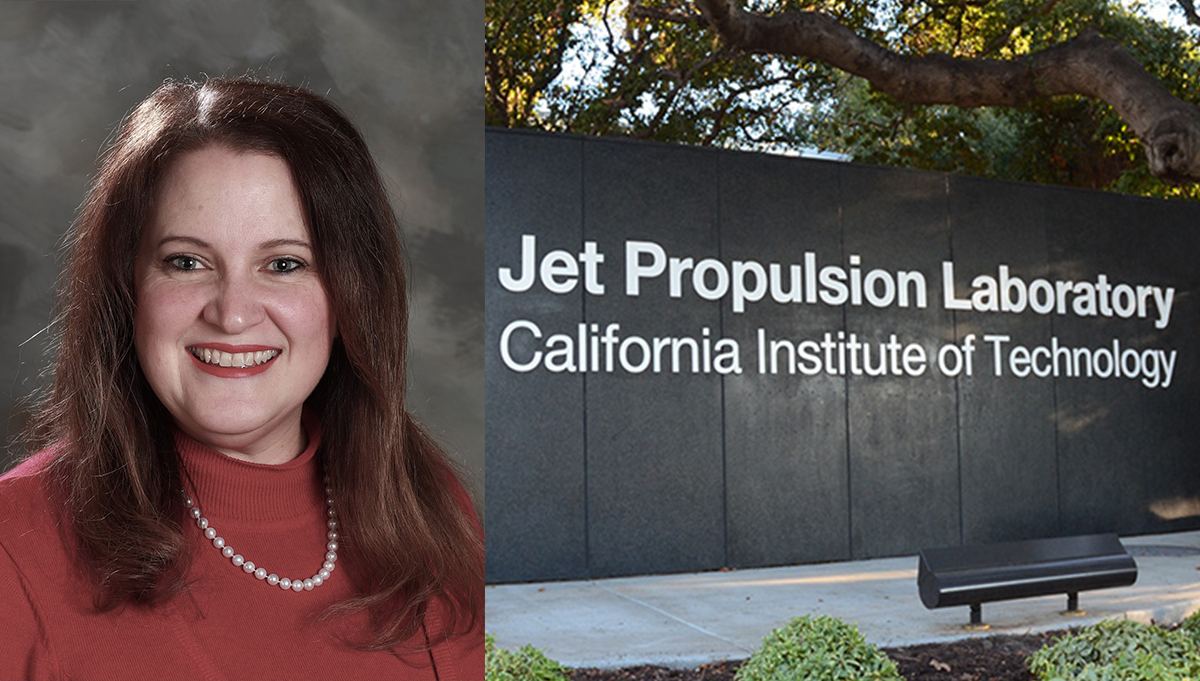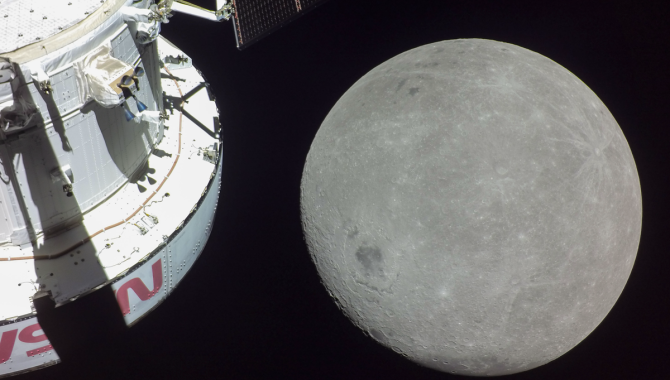
As a momentous year at NASA draws to a close, some members of the technical workforce—many with decades of specialized experience—are considering a personal milestone: retirement.
Credit: NASA
APPEL KS offers tools, tips for knowledge capture and transfer.
As 2022 draws to a close, NASA is exploring the surface of Mars, guiding a new generation of human spacecraft at the Moon, exploring the atmosphere of the Sun, and gathering the first data from the most sophisticated telescope ever launched into space—all agency-defining milestones.In December, some members of NASA’s technical workforce—many of whom have spent decades advancing space exploration, aeronautics, and science—will join civil servants throughout the federal government in pondering a more personal milestone: retirement. These retirements provide an important opportunity to celebrate the accomplishments of a full career, but the team members who remain may struggle when they no longer have regular access to a retiree’s expertise.
“So much of NASA’s work is reliant on knowledge transfer through generations of employees, and our people’s most critical knowledge is highly contextual and complex,” said Tiffany L. Smith, NASA Chief Knowledge Officer. “To make the right decisions, our people regularly draw upon decades of hands-on experience, extensive awareness of regulations and standards, and extraordinary discipline expertise.”
In 2021, Smith chartered a working group in collaboration with NASA’s Center and Mission Directorate Chief Knowledge Officers to review and make recommendations on knowledge continuity given anticipated retirement trends. This work was undertaken in support of NASA Policy Directive 7120.6a, which instructs NASA to capture, retain, utilize, and share technical and program/project management knowledge. Capturing and sharing this knowledge helps NASA meet challenges, innovate successfully, and keep pace with the state of the art in rapidly changing times, the directive states. It also helps bridge knowledge gaps and smooth the transition for incoming team members.
NASA’s Knowledge Capture and Transfer Working Group studied current practices across the agency, as well as in other organizations, and recommended approaches to improve knowledge capture and transfer.
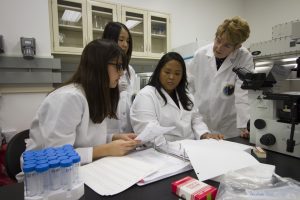
From left, T-cell science team members Emily Martinez, Miya Yoshida and Tara Candelario discuss preflight and post-flight experiment operations with researcher and principal investigator Dr. Millie Hughes-Fulford in the Space Station Processing Facility at NASA’s Kennedy Space Center in Florida.
Credit: NASA/ Cory Huston
“One surprise for me was how closely challenges with knowledge capture for departures and transitions were linked to challenges with knowledge transfer and onboarding,” Smith said. “I had previously thought of these as very different processes, but their common ground is team culture. If your team treats team members’ knowledge as important and valuable, your team will be better situated to maintain knowledge from those who are leaving and welcome those who are joining.”
The group produced Ensuring Knowledge Continuity during Employee Transitions: NASA Knowledge Capture and Transfer Working Group Report, a valuable resource published in December 2021. The report identifies steps that NASA leaders and teams can take to mitigate the impacts of employee transitions and improve knowledge continuity.
Supervisors and leaders can establish an open, collaborative culture that supports knowledge capture and transfer from the outset. In such a culture, project plans include strategies to document processes and conceptual knowledge. Critical knowledge is identified within organizations, focusing on knowledge that has a sole owner who could transfer or retire soon.
New team members can use onboarding passports and checklists that guide them to a better understand their new environment as they gather the knowledge they need and connect with sources of further organizational and agency knowledge.
“If we want to ensure continued success across our missions, we need to ensure continuity in our workforce’s knowledge. We can learn together from both success and failure and establish team cultures that encourage knowledge to be shared,” Smith said.
Are you or a colleague retiring soon?
If you are retiring in the weeks or months to come, here are some tips to smooth the transition for yourself and your team.
Self-reflection and Consultation
Take an hour or two to reflect on your career. What were your most important learning points? What process did you follow to make difficult decisions? What about your work would be most difficult for someone else to learn by just looking at documents and data? What values do you think are important for the next generation of NASA employees to maintain?
Think about the people on your team who may be asked to take on these challenges or who could help champion these values. If you can, schedule time to talk with them. If not, write them a note with a few key points that you think could help them with their transition
APPEL KS developed a checklist of questions that is available on the Knowledge Capture and Transfer website to help guide you.
Knowledge transition meeting
Often, day-to-day aspects of one person’s work are not widely known by team members, such as how policies and procedures impact your role, or the important points of contact you use to get things done. Schedule a knowledge transition meeting to ensure that you share this important knowledge. These meetings can take the form of recorded interviews or informal discussions.
Teams with high levels of trust can set up an “ask me anything” meeting, where the person retiring can field questions, sharing their experiences, insights, and expertise in an informal conversation. This can be a great way for the person to reflect, while creating a shared experience that team members can refer to later when questions arise. These meetings are best conducted in person and are not recorded because you want to encourage candor and honesty about the challenges of the role.
Continuity books and task documentation
A good continuity book is one of the most important things an organization can do to ensure a team member’s work is well understood and can be well executed by a future team member, even if their tenure doesn’t overlap with the retiring employee Guides for creating continuity books and task documentation guides are available on the APPEL KS website.
To learn more about Knowledge Capture and Transfer tools, watch the June 23 Quick HITS Webinar: Tools to Stop Brain Drain. You can find additional support with your Center’s or Mission Directorate’s Chief Knowledge Officer. If you have a tool that has worked well for you and isn’t listed on the website, please share it.






